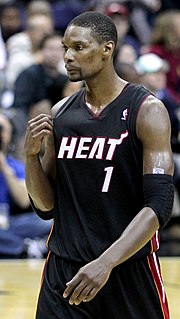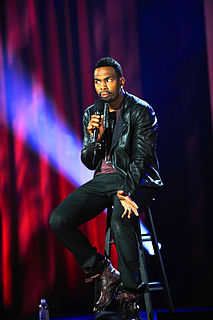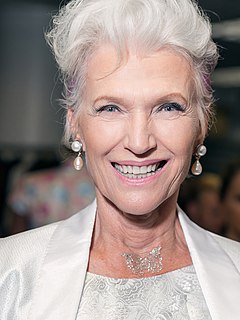A Quote by Erez Lieberman Aiden
I enjoyed mathematics from a very young age. At the beginning of college, I had this illusion, which was kind of silly in retrospect, that if I just understood math and physics and philosophy, I could figure out everything else from first principles.
Related Quotes
We find sects and parties in most branches of science; and disputes which are carried on from age to age, without being brought to an issue. Sophistry has been more effectually excluded from mathematics and natural philosophy than from other sciences. In mathematics it had no place from the beginning; mathematicians having had the wisdom to define accurately the terms they use, and to lay down, as axioms, the first principles on which their reasoning is grounded. Accordingly, we find no parties among mathematicians, and hardly any disputes.
When I got to college, I planned to be a math major, and, in addition to signing up for some math courses, I decided to take some philosophy. Quite by chance, I took a philosophy of science course in which the entire semester was devoted to reading Locke's Essay. I was hooked. For the next few semesters, I took nothing but philosophy and math courses, and it wasn't long before I realised that it was the philosophy that really moved me.
I think it go serious in college when I found out I really enjoyed making people laugh. It makes me happy. I said, I wanna be a comedian, I wanna get good.' You're not good in the beginning. You're still trying to figure out what the things are that you are going to talk about, what your angle is going to be and there's a lot of trial and error. I just never gave up and that was the beginning of my career. Just experimenting, trying it out and falling in love with it.
It seems that every practitioner of physics has had to wonder at some point why mathematics and physics have come to be so closely entwined. Opinions vary on the answer. ..Bertrand Russell acknowledged..'Physics is mathematical not because we know so much about the physical world, but because we know so little.' ..Mathematics may be indispensable to physics, but it obviously does not constitute physics.
I noticed there were so many people, especially women, who would come up to me having recognized me from TV and say, 'I heard you were a math person, why math? Oh my gosh, I could never do math!' I could just see their self-esteem crumbling; I thought that was silly, so I wanted to make math more friendly and accessible.
I studied physics at Princeton when I was a college student, and my initial intention was to major in it but to also be a writer. What I discovered, because it was a very high-powered physics program with its own fusion reactor, was that to keep up with my fellow students in that program I would need to dedicate myself to math and physics all the time and let writing go. And I couldn't let writing go, so I let physics go and became a science fan and a storyteller.
I still can't figure out what inspired me to do physics. But since I was nine or ten years old, I wanted to be like [Albert] Einstein. He was my hero. I knew no physicists. I knew no scientists. I had nobody around me. And I went to a convent that didn't even have higher mathematics and physics. I taught myself these subjects in order to get into university.
Some people will know exactly what they want to do at a very young age, but the odds are low. I feel like people in their early- to mid-20s are very earnest. They’re very serious, and they want to feel like they’ve accomplished a lot at a very young age rather than just trying to figure stuff out. So I try to push them toward a more experimental attitude.





































